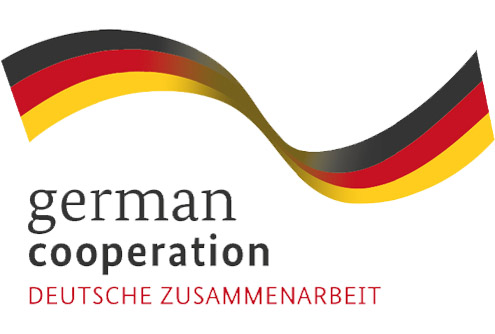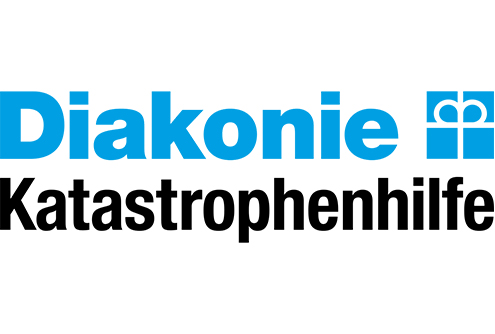Overview
Stage nine of risk-informed development
This resource forms stage nine of our Risk-Informed Development Guide, which provides a comprehensive stage-by-stage approach to working with communities most at risk.
Stage nine involves repeating and strengthening the previous stages of the risk-informed development planning process.
It is not a one-off process. Everything within and outside the community is always evolving and dynamic, be it socio-economic, socio-cultural, environment or population changes.
It is critical that we reflect on how to revisit the risk-informed development planning stages to integrate new and dynamic challenges that emerge over time and expand the work as more people come on board and more complex risks are addressed.


